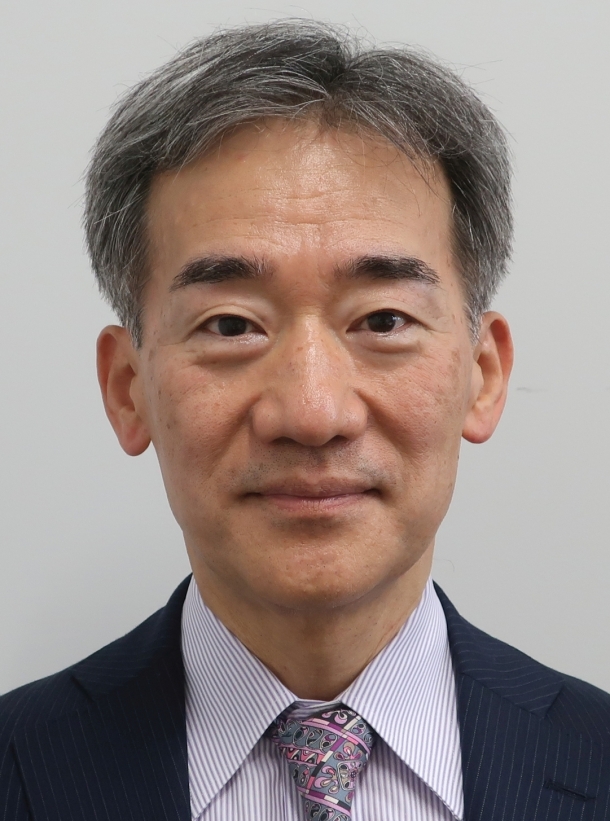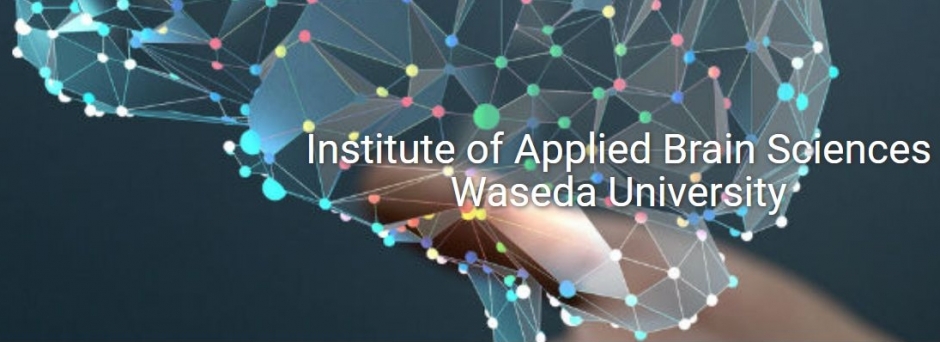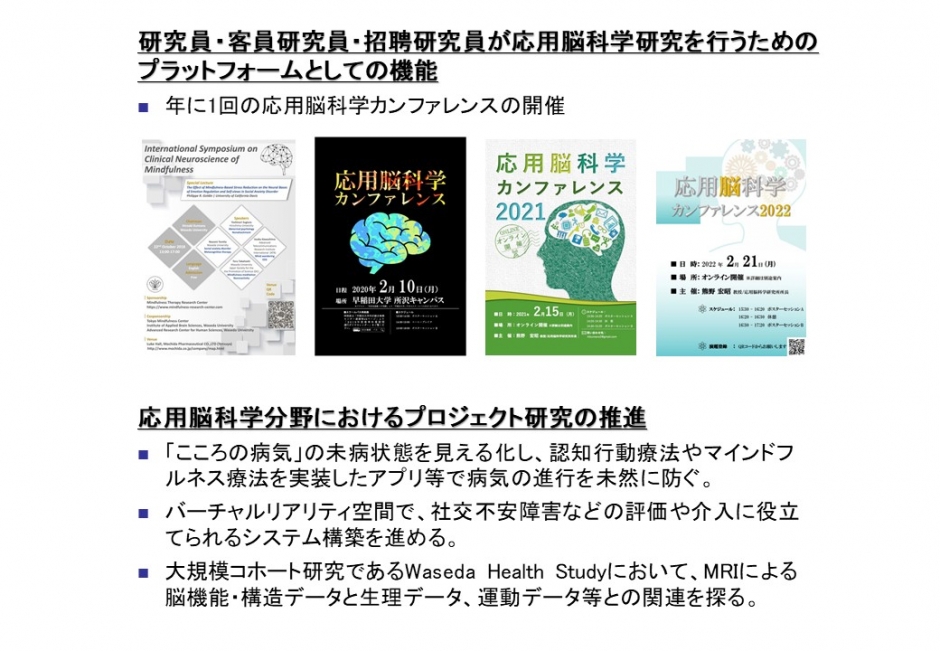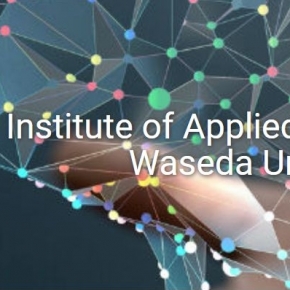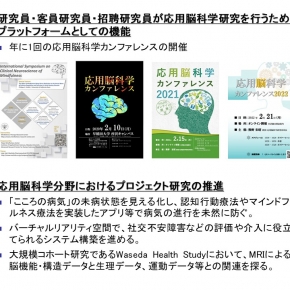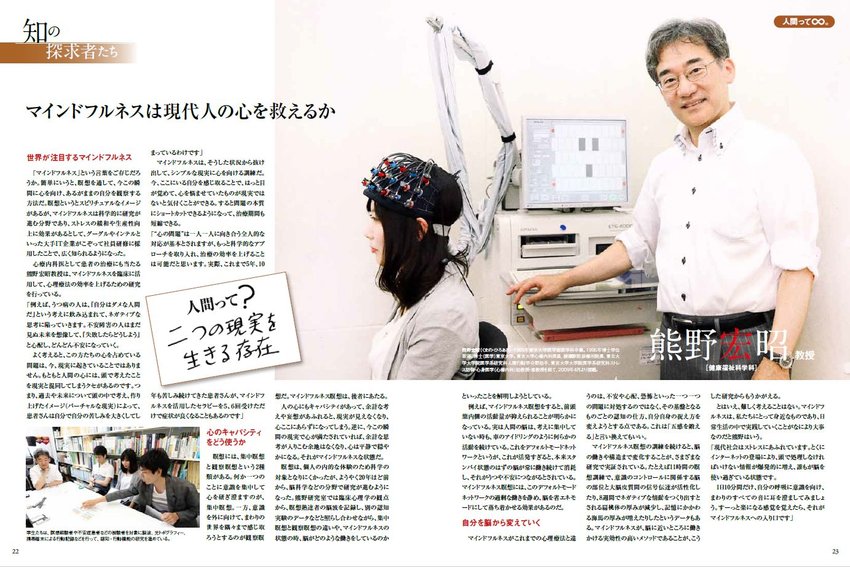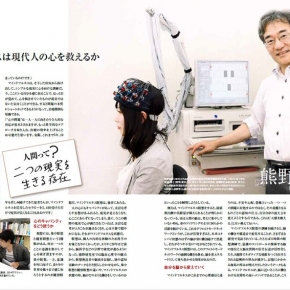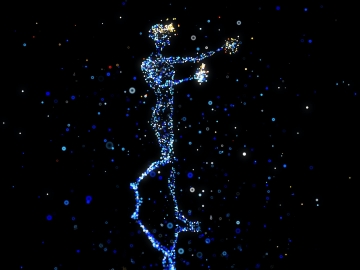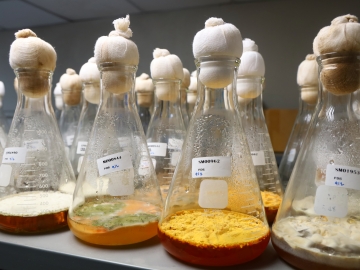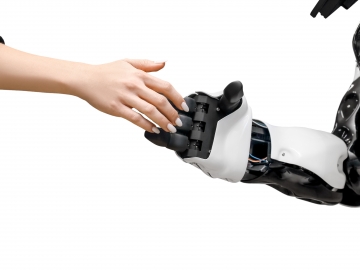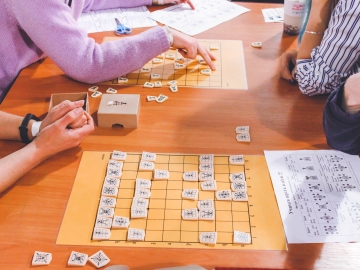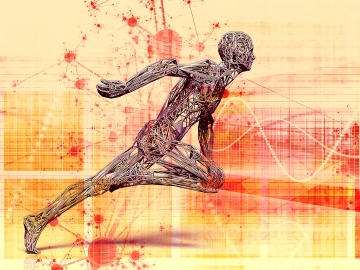Modern society faces numerous challenges, such as changes in industrial structures, the fluidity of economic activities, the aggravation of environmental issues driven by cultural development, the growing influence of virtual worlds through the advancement of information technology, and a low birth rate and longevity. Brain science research is expected to play a role in addressing these challenges. However, tackling complex problems like those mentioned above requires more than delving into the brain’s structure and function as an individual organ. It calls for “Applied Brain Sciences” based on establishing “Integrative Human Sciences” through a holistic understanding of humans spanning humanities and social sciences besides natural sciences.
The Institute of Applied Brain Sciences, as a research institution affiliated with the Organization for University Research Initiatives (2009-2013) and the Comprehensive Research Organization (2014-2018), takes on the task of connecting and advancing the potential of “Brain and Mind Sciences,” accumulated over 30 years by the Faculty of Human Sciences and the Faculty of Sports Sciences at Waseda University, along the axis of “Applied Brain Sciences.” The institute is committed to generating concrete outcomes that contribute to society. As a result, it has published over 400 papers and books, which can be accessed through an integrated database (http://opendb.iabs-waseda.net). Additionally, it has successfully organized more than 20 symposiums, workshops, and events open to the public.
As the Institute celebrates its tenth year since its inception, its initial role in promoting “Applied Brain Sciences” is largely fulfilled. However, ending its activities now might lead to losing vitality in the established “Applied Brain Sciences” research foundation at Waseda University. In recent years, research activities have transitioned towards individual initiatives. However, the annual research conference still significantly facilitates information exchange and collaborative research among institute members, young researchers, and visiting scholars.
Therefore, while maintaining its function as a platform for collaborative work among stakeholders, the Institute has decided to conclude its current activities, and it will then initiate new research themes by inviting new participants. Specifically, researchers like Osu, Chiba, Masaki, Higashi, and Matsui will continue investigating brain function, while Kumano, Momose, Kakeyama, and Hara will explore applications related to brain function. Shimada, Kikuchi, Kabe, and Tsujiuchi will extend these studies into clinical psychology, linguistic informatics, robotics, and medical anthropology. Collaborative research with the Institute for Sports and Brain Science (Director Masaki), Research Institute of Environmental Medical Sciences (Director Kakeyama), and Institute of Medical Anthropology on Disaster Reconstruction (Director Tsujiuchi) will also be pursued.
